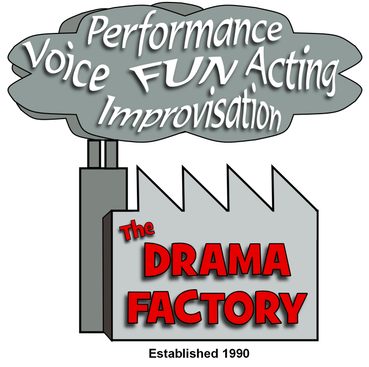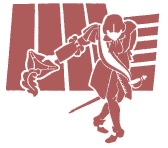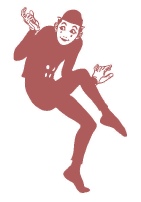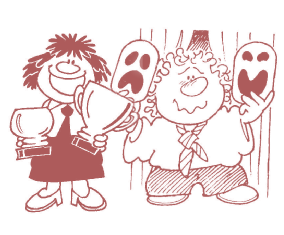VOICE WORK:
Preparing to speak
Breathing techniques to aid a more relaxed style.
Using posture to help support the voice correctly.
Exercises tailored to your personal requirements to assist with articulation.
Projecting a clear, confident voice.
Exercises to help improve indistinct speech.
Techniques to develop vocal strength and help project the voice with ease.
Exercises to help you speak with greater energy and enthusiasm.
Speaking with greater conviction.
Learning how to control your speed of delivery.
Delivery of a short speech putting into practice vocal techniques.
Feedback on the vocal impact made on your listener(s).
Developing the expressive qualities in the voice.
Using gesture to help enhance your voice.
Using the power of pause to influence meaning.
Developing a range of expressive vocal qualities.
Maximising your vocal impact in all situations.
Short ad hoc speeches / role plays using vocal techniques developed.
Feedback on impact made on your listeners.
AUDITION PREPARATION
All aspects - from choosing good pieces - to coaching up to professional theatre standard.
Pronunciation of difficult words. How to speak Shakespeare. How to speak confidently. What is Dialect? Exercises to lower and enrich the voice. How to find a character voice. Giving a talk. How to laugh and cry on stage. Help with sight reading. The effective speaking of poetry and prose. Practical help with TV commercials.
CHARACTER WORK:
How to build a character. Using the body in character work.
CONFIDENCE:
Stress management. Tips on being brilliant. Mind Maps and the best of NLP.
Performing in Life. Theatre games to increase confidence.
THEATRE HISTORY:
Greek Theatre. Edwardian Manners. Jacobean Theatre. Medieval Period. Modern Theatre style including Stanislavski. Punch and Judy. Restoration. Commedia dell Arte. Shakespeare.
IMPROVISATION:
Extensive list of scenarios for different age groups. What is Improv? Long Form and Short Form. How to devise a script.
MIME:
Basic mime. History of Mime. Working with masks
MOVEMENT:
Acting with your whole body. Bows and curtseys. Facial Expression. Status. Language of hands. Reacting. What is comedy? Imagination skills.
PRESENTATION:
Reading the News. Steps to Production. TV Interviews.
STAGE PRODUCTION:
All aspects of stage production and the running of a small theatre, including casting, directing, stage lighting, sound, wardrobe, props etc.
L.A.M.D.A EXAMINATIONS:
Advice on the grade that will assist pupils to gain interpretive and technical skills and a knowledge of the performance process.


















